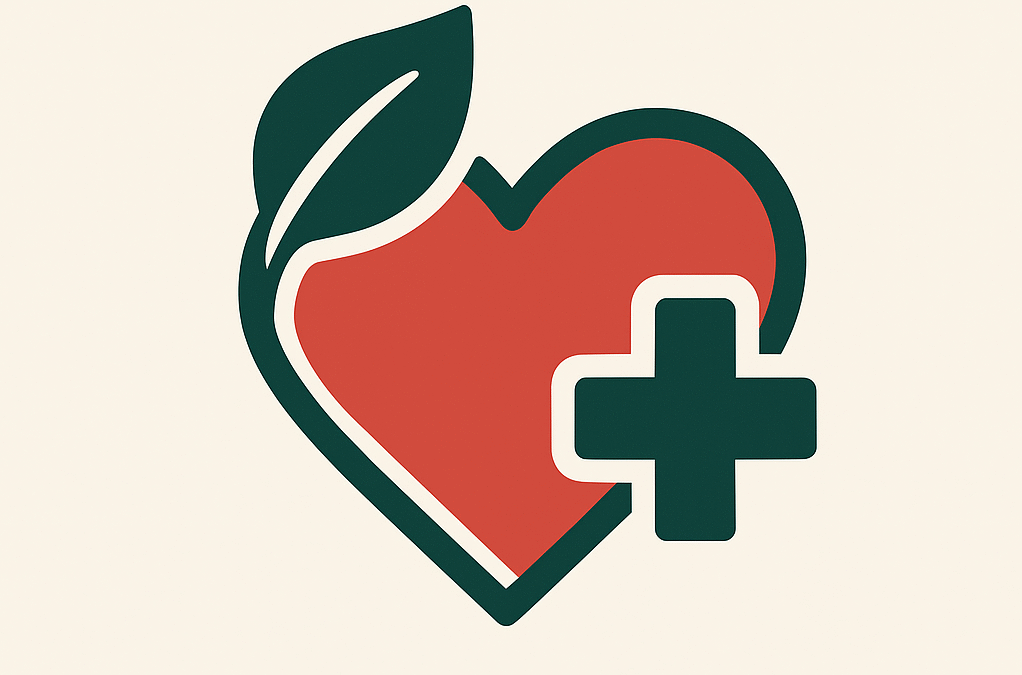World COPD Day 2024: Emphasizing Lung Health

Every third Wednesday of November is observed as World COPD Day, a global initiative to raise awareness about chronic obstructive pulmonary disease (COPD). This year’s theme, “Know Your Lung Function,” highlights the crucial role of spirometry in diagnosing this chronic and debilitating condition.
Understanding COPD

COPD is a progressive respiratory disease primarily affecting older adults. It is characterized by breathlessness on exertion, cough with expectoration with a characteristic difficult expectoration, fatigue, and in advanced stages there may be breathlessness even on rest or while lying down.
Chronic smoking is strongly associated with its development, but research has shown that even non-smokers can be affected by this disease due to environmental and genetic factors.
In Ayurveda, COPD is classified under Shwasa Roga, specifically resembling Tamaka Shwasa Roga, one of the five subtypes of Shwasa Roga. Ancient Ayurvedic scholars recognized its multifactorial causes, identifying not only exposure to dust, smoke, and cold but also poor dietary habits and underlying health conditions as contributors to its development.
Ayurveda’s Timeless Insights
COPD remains an incurable condition in modern medicine, with management being the primary goal in advanced stages. Interestingly, this aligns with ancient Ayurvedic texts, which also state that when reached chronicity, Tamaka Shwasa Roga is a manageable condition at best. For detailed and evidence-based treatment guidelines, refer to the GOLD Guidelines.”
The profound wisdom of Ayurveda stands validated as even with the advent of cutting-edge medical advancements, modern science is yet to discover a definitive cure for COPD. This reinforces the importance of alternative treatment approaches that complement conventional therapies.
The Concept of Treatable Traits
Modern medicine has recently adopted the concept of treatable traits, focusing on disease-specific and patient-specific characteristics to improve outcomes. This personalized approach aligns seamlessly with Ayurveda’s cornerstone philosophy of individualized treatment.
Acharya Charaka, one of Ayurveda’s most esteemed scholars, emphasized the importance of assessing the Dosha (bodily humors) and Bala (strength) of a patient suffering from Shwasa Roga. This underscores the need for a physician to thoroughly examine the patient before prescribing treatment.
- For stronger patients: Dosha-specific Shodhana (purification therapies) can be administered.
- For weaker patients: Shamana (palliative therapies) are recommended to stabilize and alleviate symptoms.
Holistic Management in Ayurveda
A holistic approach is integral to managing COPD in Ayurveda, incorporating a blend of treatment, lifestyle modifications, and supportive therapies.
1. Ayurvedic Treatment
- Tailored herbal formulations based on Dosha imbalance.
- Dosha specific Vamana (emesis) or Virechana (purgation).
- Nasya (nasal therapies) and Dhumapana (medicated smoking) as supportive treatments for respiratory relief.

2. Breathing Exercises and Yoga
Breathing exercises like Pranayama and specific Yogic postures improve lung capacity, reduce stress, and enhance overall respiratory health.
3. Diet and Lifestyle
- A well-balanced, easy-to-digest diet is essential for managing COPD symptoms.
- Avoidance of cold, dry, or excessively heavy foods.
- Incorporating dietary habits that boost digestion and immunity.

Looking Ahead
While COPD remains a complex and challenging disease, both modern medicine and Ayurveda emphasize personalized treatment approaches. The integration of Ayurvedic principles, alongside modern medical advancements, offers a promising pathway for better management of this condition.
As we observe World COPD Day, let us commit to exploring diverse therapeutic strategies, fostering innovation, and prioritizing holistic well-being for those living with COPD.
